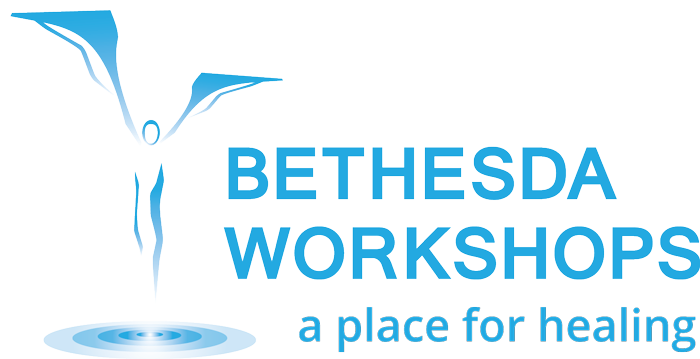Since childhood I suspect I’ve often been termed high maintenance. I felt like I was too emotional for my stoic family, and my unrecognized attachment and trauma wounds prompted volatility and neediness. Thankfully, years of recovery and healing have mitigated those symptoms to a large degree.
On the other hand, recovery induced a different kind of high maintenance. Initially, there was the taxing work of daily support group meetings, weekly counseling appointments, and reams of journaling and Step work. Naively, I thought one day I’d be “done” with recovery.
Through the years I’ve discovered that so-called recovery is really about living life differently. It’s a lifestyle, not a task, and it stimulates a perpetual regimen of healthy disciplines. Today, I know life is infinitely more challenging if I ignore the self-care I’ve learned is fundamental to my well-being.
Practically, that means I must give myself extended time to get going every day. I’m not a morning person, and I need a lengthy, quiet coffee summit with myself to coax my body and brain into action. Next, it’s critical I devote space to meditation and reflection. Without that intentional connection to God and a specific surrender to God’s plan for the day, I’m at risk.
I require some kind of moderate exercise and extended stretching to keep the symptoms of an autoimmune disorder in remission. My recent sabbatical allowed me to ramp up this routine, and now that I’m letting normal responsibilities supersede exercising, I’m surprised to find I’ve become one of those people who are cranky when I skip it.
All these healthy habits require an enormous amount of time. It’s usually at least three hours before I get into the office after I get up, and that feels embarrassingly high maintenance. My trauma egg messages insist I should be more productive by 8 am at the latest – which requires another segment of regular mental/emotional/spiritual attention.
When I chaff at these personal requirements, I’ve started asking God to reframe my perspective. To show me that being high maintenance isn’t necessarily a bad thing, especially if it abates the debilitating fatigue, anxiety, discouragement and crankiness I experience otherwise.
Wow! Writing that sentence provides a clear cost-benefit revelation.
What about you? Are there “high maintenance” steps you find helpful? Others you need to incorporate into your life plan? I invite you to join me in leaning into the choices that promote abundant life.
Marnie C. Ferree
